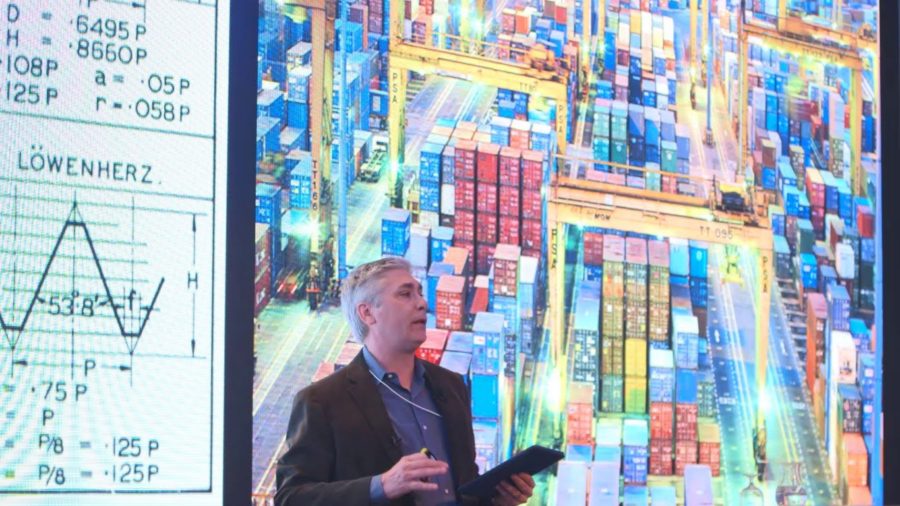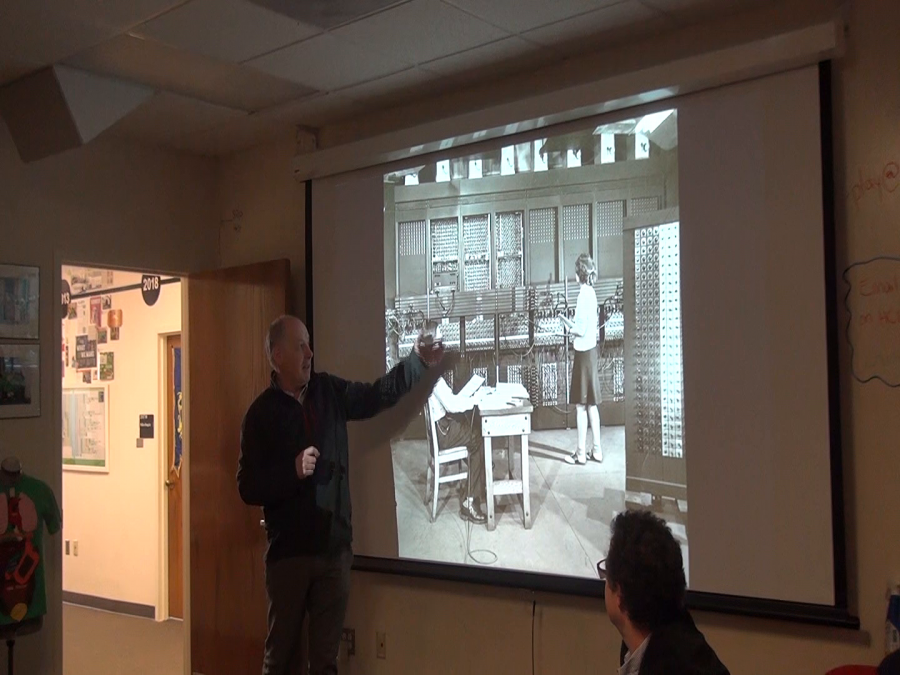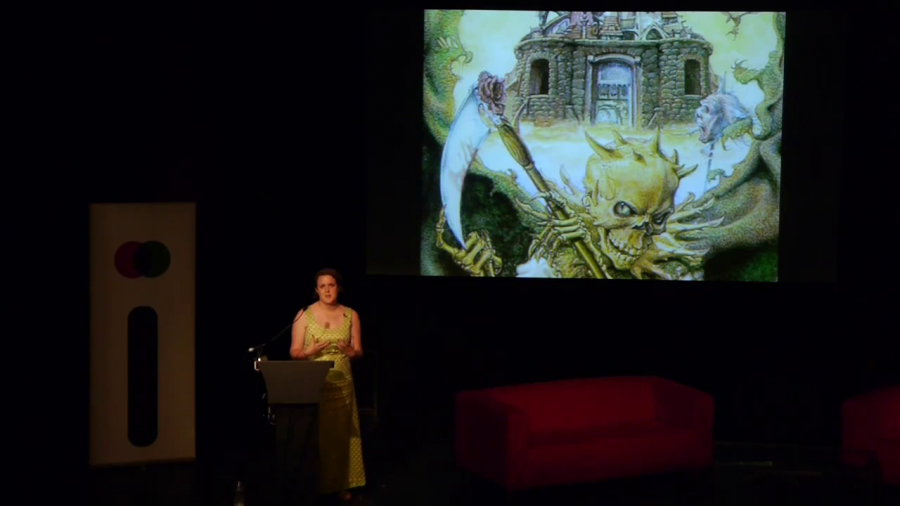One of the ways that industrial revolutions are interesting to think about is that they look differently depending on how and where you see them from. They look different whether you see them from Europe or Asia or Africa. But regardless of time or place, economists and historians generally tend to look at industrial revolutions through the lens of innovation. And in my short talk today I want to encourage a different way of thinking about this.
Archive (Page 2 of 2)
If the point of making a 10,000-year clock is to get people to think longer term how do you design that experience so that it really does that? And one of the things that we we realized is that people really need to be able to interact with it. That they need to be able to make the moment they visit it their own. So while the clock does keep time all by itself with the temperature difference from day to night, it doesn’t actually update any of the dials, none of the chimes chime, unless someone’s there to wind it.
We’ve got two paradoxical trends happening at the same time. The first is what I call in my book “the cult of the social,” the idea that on the network, everything has to be social and that the more you reveal about yourself the better off you are. So if your friends could know what your musical taste is, where you live, what you’re wearing, what you’re thinking, that’s a good thing, this cult of sharing. So that’s one thing that’s going on. And the other thing is an increasingly radicalized individualism of contemporary, particularly digital, life. And these things seem to sort of coexist, which is paradoxical and it’s something that I try to make sense of in my book.
What I’d like to to look at is alternative versions of London, unbuilt buildings, different structures from fantastical literature (science fiction, that sort of thing), and just see how that reframes the city that we inhabit every day. How it makes us see it with perhaps new eyes.
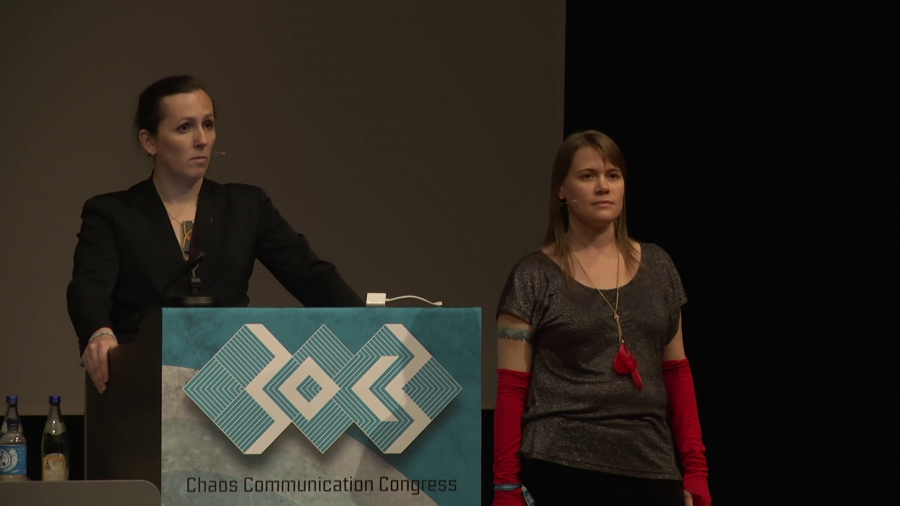
Geek culture and hacker culture used to be relatively apolitical, but now every action that you take and every piece of code that you write has political effects. You may may intend some of these effects, you may not intend most of these effects, but they’re there and we need to start thinking about and understanding these changes.
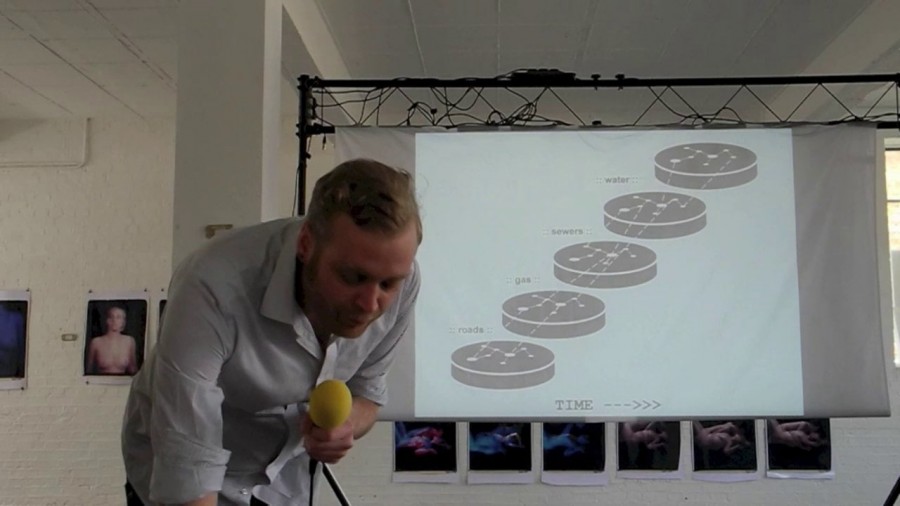
It’s this infrastructure that is unseen, because it is infra-structure, it is under the structure. And when you start thinking about this massive web of technologies that keep you alive, the only interfaces we have on a day-to-day basis are tap, turn, flush. Everything else is hidden and unseen.

